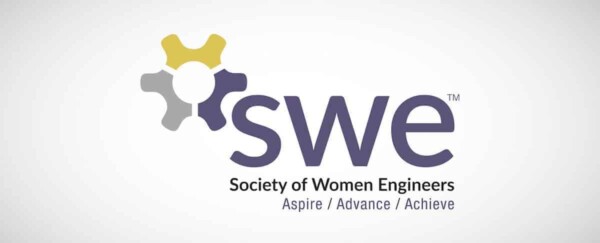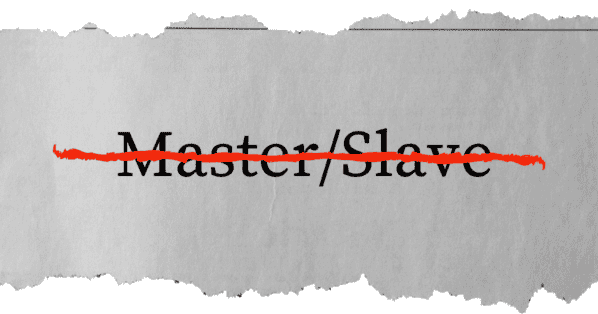Today, we are pleased to feature Bijayani Panda from CMR Institute of Technology in Bengaluru, India. These blogs will showcase how different SWE members are engineering their lives during this fluid and ever-changing environment.
Want to be featured? Submit your engineering in crisis story here.
Your Name & Affiliation: Bijayani Panda from CMR Institute of Technology
Engineering Discipline: Mechanical Engineering
How do you handle stress and maintain a work-life balance right now?
At this juncture of the global pandemic, everyone has had to learn a new kind of work-life balance. One not only has to take care of kids and their entertainment/education, but also take care of the household chores. Work-life balance was done by maintaining a routine, prioritizing household work, managing young kids, and completing tasks/study at the office. Constructive support from other family members has certainly helped. As lockdown has been rather strict in our conditions, not even going out of the house could be rather depressing. I have been maintaining a moderate diet along with my family. Physical activity included house chores, sketching, singing and terrace gardening. I have also tried to find some time to watch television with family for relaxation and connect to colleagues, students, extended family and friends. I have extended my support in funding for food and other necessities of daily wage earners residing in our locality. As this period is different from an otherwise regular daily routine and imposed in short notice, a bit of flexibility for myself and others in time management has reduced stress. Spending some time for serious study has helped to engage my mind creatively, along with meditation.
Do you have any tips for studying or working from home?
Since all of my family had to do this at a certain point of lockdown, it was easier to manage. At home, we planned different rooms for different people who needed to connect to online meetings/classes of their own and discussed relevant aspects including issues with an internet connection, new apps and links over meals or otherwise. We shared household chores even if it could be uneven to suit different time requirements of meetings and online classes or discussions. It wasn’t a perfect arrangement, but it is doable if required, and I have always done work from home for 1-2 hours daily even otherwise.
Having a minimum work arrangement and accessories is a must for work from home. If you have it, it is not a completely new routine. Regarding connecting to colleagues for communicating tasks, sharing a platform like an email, spreadsheet or group chat and clearly stating the requirements helps to avoid confusion for common tasks. Depending on the urgency, the period can be decided, though it should not be overdone. Otherwise, a meaningful conversation individually specifying the requirements, and casual inquiry about other person’s general day will be useful.
How do you maintain community with your fellow SWE members, section, or affiliate?
Since our institute is in the very initial stages of SWE membership, any eventful activity has not taken place. However, our team is definitely looking into ways and means to bring the members together.
Engineers will be part of the critical solution to the global crisis created by COVID19. How are you engineering in crisis today?
Various research and engineering activities in our institute are focused on COVID-19. To cite a few, an MCA student, Mr. Nandan T, has developed a bot to get updates on COVID-19. A faculty member from the Department of Mechanical Engineering, Dr. Sagar M B, has developed face masks that have been distributed in hundreds to health workers and police personnel. One of the recent research projects by Dr. Chaitanya Lekshmi Indira of the Chemistry Department is developing sensor electrodes for detecting organic analytes in aqueous medium crucial for environmental remediation and clinical trials. She has continued working towards that, as once it is completed, testing important components in urine can help a long way for clinical diagnosis during dengue and other fevers.
Related Content:
- On Engineering in Crisis: Solving Puzzles
- On Engineering in Crisis from India: Breaking It Down
- On Engineering in Crisis from India: Choosing Gratitude
- On Engineering in Crisis: Maintaining a Virtual Community
Author
-

SWE Blog provides up-to-date information and news about the Society and how our members are making a difference every day. You’ll find stories about SWE members, engineering, technology, and other STEM-related topics.






